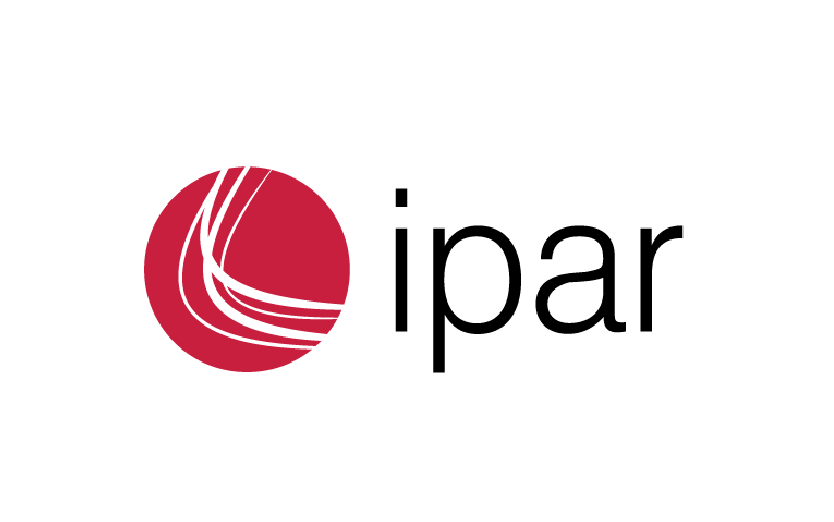The Challenges in the Fintech Sector and How Offshoring can Help

In our previous blog, we discussed the benefits of offshoring to business owners that have fintech capabilities. Now, we take a look at the current challenges that businesses are facing with regard to fintech and how offshoring can provide future-proof solutions for continuous growth.
Adapting to innovations can be daunting, at first. Such is the case of fintech and its far-reaching applications on banking and financial services. But as recent positive trends have indicated, fintech is now widely embraced by businesses and consumers. In 2020, the global adoption rate of fintech products was 64%. Among consumers, a whopping 96% are aware of at least one payment firm that uses fintech. For actual users of fintech-based platforms, 75% of them use it for money transfers and payments whilst 48% use it to avail of insurance services.
Though fintech definitely has its advantages in terms of speed and convenience, it still presents some challenges and concerns for companies who are struggling to keep up with the competition in the digital landscape. As a result, it prevents them from exploring a world of new and diverse opportunities for growth. These three major challenging conditions, however, can be addressed by considering the sustainable strategies that offshoring can provide.
Scarcity of highly skilled onshore fintech talent
From fintech developers and designers to system analysts, the demand for talent to fill fintech roles will continue to rise as businesses adapt to digital trends. In a 2017 poll conducted by Hays Financial Markets on 900 UK employers and employees, there was a 61% “moderate to extreme” skills shortage. The year 2020 saw an increasing shortage of fintech software engineers. To solve the recruitment and retention problems of fintech talent, companies are seeing the efficient values of leveraging offshore talent sources. This opens up more options for hiring exceptional fintech offshore consultants and specialists that won’t make a severe dent on their profit margins.
Countries such as Malaysia, Vietnam, and the Philippines have consistently generated highly qualified IT workforces that are fully capable to fill fintech roles on an international level. With a strong emphasis on STEM education, high levels of English proficiency, and being well-established in the outsourcing sector, these countries are globally recognised as fintech-friendly sources to fill the scarcity gap.
Compliance to regulations
Banking and financial services with fintech capabilities are required to comply with government- and industry-mandated standards. These are some of the top-of-mind compliance policies:
- Know Your Customer (KYC) – information collected from customers should undergo verification protocols to certify their identity and prevent fraud. This includes Customer Due Diligence (CDD) that should be completed before financial services can be given.
- Anti-Money Laundering/Counter-Terrorism Financing (AML/CTF) – Applying KYC and CDD is part of the assessment that financial establishments should conduct to determine if the customer has suspicious activities that involve money laundering or terrorist financing.
- Payment card industry (PCI) – Businesses are required to follow the technical and operational regulations as set by the PCI Security Standards Council with regard to securing, protecting, and processing credit card data.
In Australia, the Privacy Act 1988 was instituted to “provide the basis for nationally consistent regulation of privacy and the handling of personal information.” This includes access to and facilitation of personal data in credit card systems, ensuring that the privacy of the individual is respected.
Dealing with compliance issues can be meticulously complicated and time-consuming for the core staff of financial establishments. An experienced offshore staff dedicated to this task will help unload the burden so that the onshore team can focus on developing strategies for business growth.
Cybersecurity issues
A major concern for businesses with regard to fintech is security against cyberattacks such as phishing, hacking via malware or ransomware, and other forms of cyberthreats. As fintech includes gathering personal information from customers, it’s an absolute must for companies to ensure high levels of data security for privacy protection and secure transactions.
Security breaches can severely disrupt operations, resulting in costly delays for the business and loss of trust from the end users. For example, cyber criminals can manipulate the anonymous characteristic of cryptocurrency to commit criminal acts such as money laundering or stealing money from legitimate customers.
While some companies may have internal IT support, this doesn’t necessarily mean that they possess the exact skillset and expertise to deal with the intricacies of cybersecurity for fintech platforms. The lack of onshore IT talent also makes it difficult for companies to find staff who can manage data security. A dedicated team of highly trained fintech offshore consultants – from software development to security analysis – can address this concern.
Building your dedicated offshore team for fintech services in Australia
If you’re considering offshore solutions for your business, it is highly recommended that you partner with an experienced offshore provider to help you respond accordingly to these challenging situations.
ASW Global is an established expert in recruiting the most qualified offshore talent trusted by industry-leading businesses based in Australia, NZ, US, and the UK. In order to provide optimum candidates for fintech roles in your organisation, we have a team that’s focussed specifically in recruiting high-performing talent across Malaysia, Vietnam, and the Philippines. Whether you require fintech digital marketing agency services or IT and software expertise, we can help you build the team you need.
We are also among the first Australian companies to have ISO 27001 compliance certification, an international standard in data security compliance. We give added value to our offshoring services by ensuring that all our staff (internal and offshore teams) go through our regular data security compliance training sessions and update our resources on this subject.
For more information on how your business can benefit from our offshore staff solutions to focus on your fintech requirements, contact us for a free consultation.















